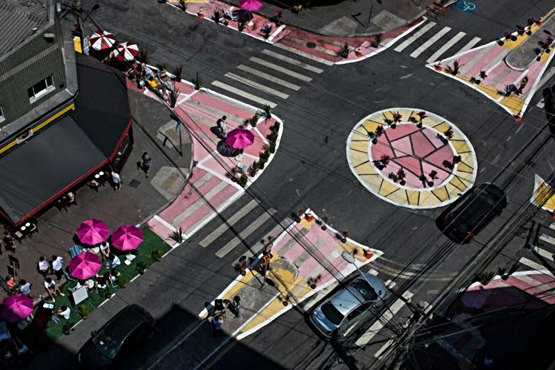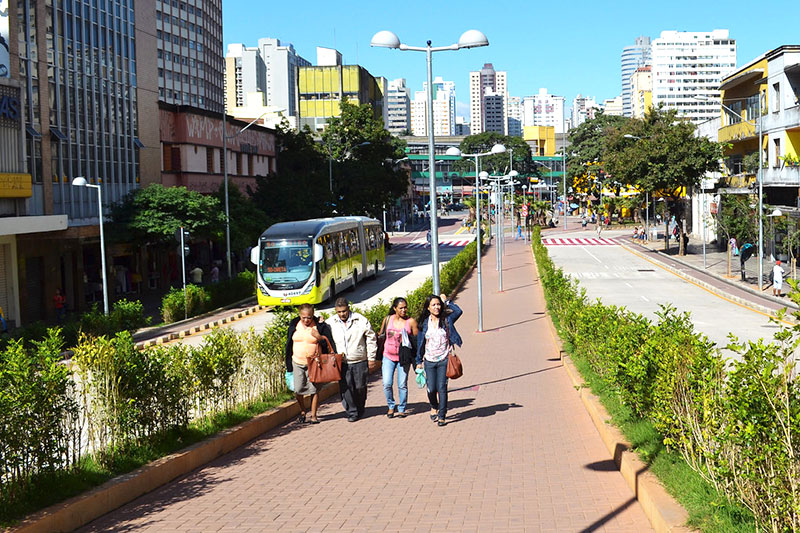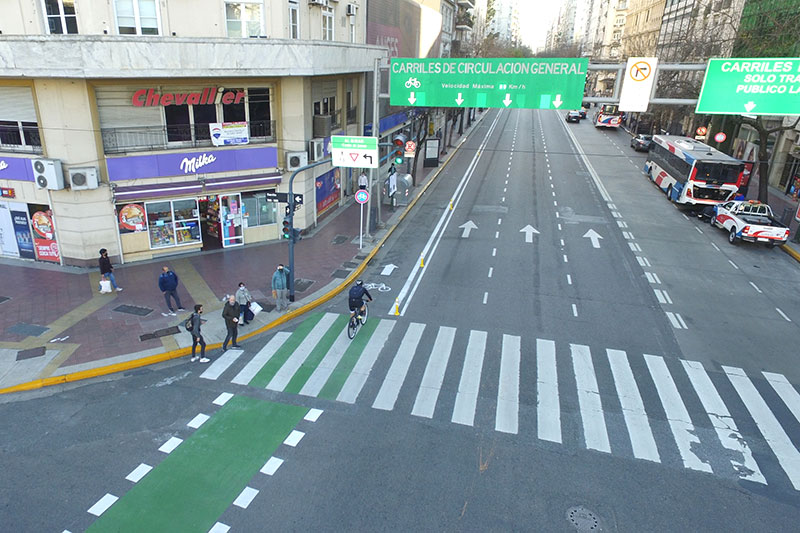Vision Zero Challenge Awards Four Cities for Strides in Road Safety

The World Resources Institute’s Vision Zero Challenge has recognized four Latin American cities that have taken important strides to make their streets safer and more equitable in a project supported by the FIA Foundation.
In 2021, the Vision Zero Challenge worked closely with four cities – Buenos Aires, Argentina; Lima, Peru; Mérida, Mexico; and Belo Horizonte, Brazil – to guide them through their efforts to develop and implement a road safety plan aligned with at least one Vision Zero tenet, such as speed management or road safety for children.

Buenos Aires has launched its second road safety plan, which aims to halve road fatalities by 2030. With the support of Vision Zero Challenge activities, the city is also developing a comprehensive speed management plan.
Lima is working on a road safety plan that focuses on school zones, aiming to eliminate child fatalities in the city’s central district. With guidance from the Challenge’s global experts, the city has been able to make significant progress on this plan, which will transform many of its high-risk roads near schools to make them safer not only for children but for all road users.

Mérida is working on a road safety plan with support from Challenge experts that aims to reduce speeds around schools and hospitals, re-design several high-risk intersections, and establish and enforce safer speeds on dangerous roads.
In Belo Horizonte, the road safety team at the Belo Horizonte Transport Company (BHTRANS) has been working to implement many ambitious actions as part of its road safety plan. The city is currently installing electronic speed surveillance devices, speed-calming infrastructure and several low-speed zones.
Zoleka Mandela, Child Health Initiative Global Ambassador, said: “While road injury remains the leading cause of death for our young people, we must continue to advocate for change, especially by shining a light on the best practices of cities that have committed to positive change to protect their most vulnerable citizens. I was delighted to be asked to judge the WRI Vision Zero Challenge, and I have been so heartened to see the many examples of focussed action by city leaderships which are effective, affordable and, most importantly, replicable all around the world.”
Too often, strong commitments to Vision Zero have not been followed by an equally strong implementation based on Safe System principles, which recognize the importance of system design and policy in making roads safer. Launched at Transforming Transportation 2020, the Vision Zero Challenge spotlights the importance of moving from vision to action on road safety, celebrating cities taking responsibility for road safety and providing targeted support to political and technical leaders.
The inaugural Vision Zero Challenge 2020-2021 focused on cities in Latin America and the Caribbean, with 24 cities from across Latin America invited to participate in an interactive webinar series led by global road safety experts. The 2020 webinar series equipped participating cities with best practices and technical skills to make Vision Zero a reality in their region.
The Vision Zero Challenge is aiding leaders in these cities and beyond to identify tangible actions needed to implement a Vision Zero approach, helping them to implement a paradigm shift on road safety.



